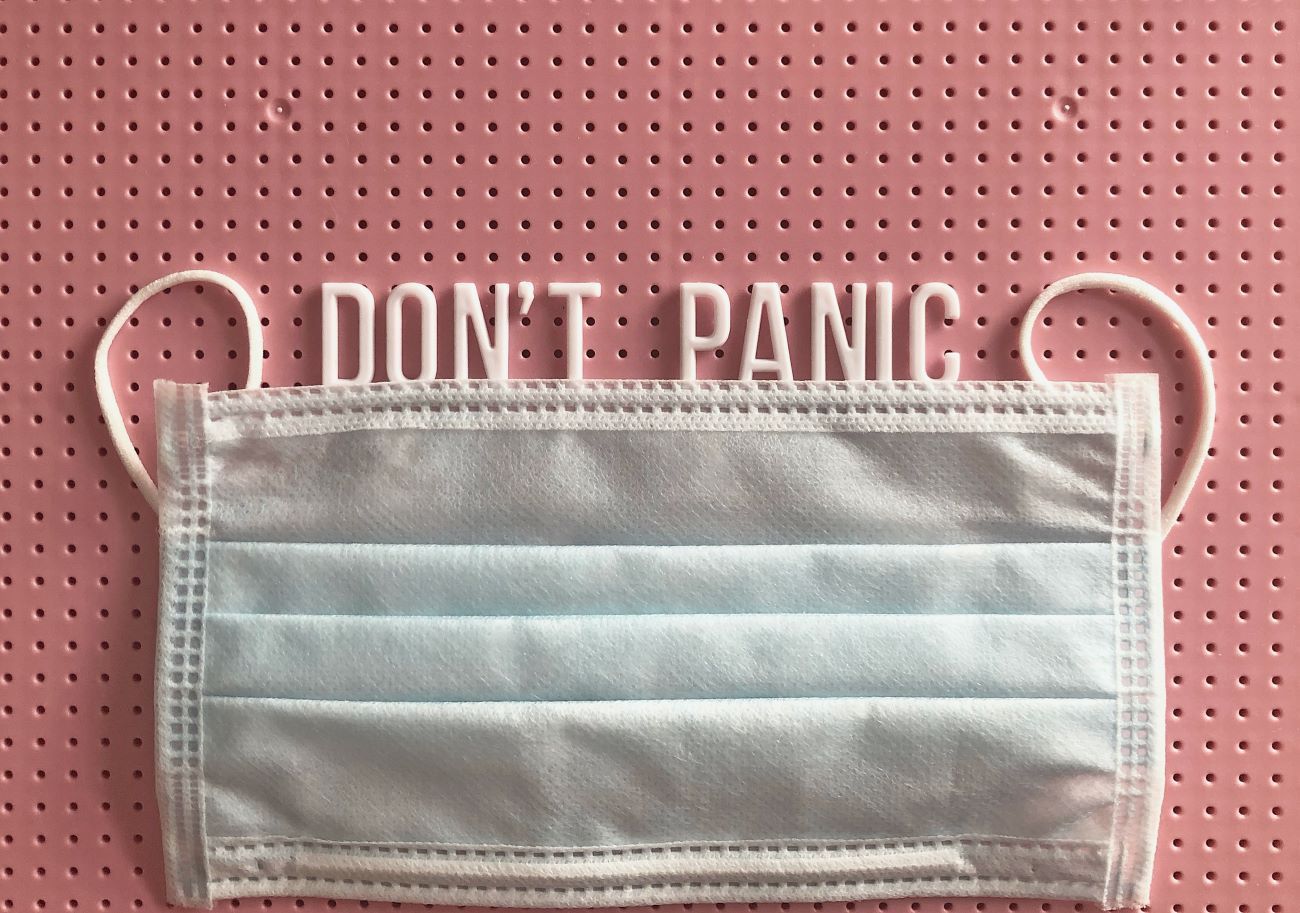INVESTORS worried about the impact of the coronavirus epidemic on their wealth — as well as their health — will be wondering what action they should take.
Concern among those saving in ISAs and pensions is understandable since companies around the world are suffering the effects of the spread of the virus.
In the UK, almost £100bn was wiped off the value of FTSE 100, which makes up Britain’s biggest companies, in just two days of trading on Monday and Tuesday.
Do nothing!
Markets were in chaos with the FTSE falling more than 5% in a matter of days. When the markets are in full ‘fear and flight’ mode, it’s tempting to join in and sell your investments to get your money back — even if it’s at a loss. Should you then reinvest at a time when things have settled, you’ll get less for your money.
In fact, many would argue that the key is to do little or nothing. Market shocks such as this serve as a stark reminder that a diversified basket of investments is crucial. A mix of assets from shares and funds to bonds and cash, across different sectors and geographies is essential to protect savings.
As well as a balanced spread of investments in UK and global stock markets, it’s possible to diversify further by placing money in investments that do not move in line with stock market movements. Investing in gold is a popular way for investors to protect their savings from market shocks.
Defensive investments
Panicked investors have already been rushing to invest, pushing gold prices to an all-time high in sterling terms. It’s possible to invest in gold through a fund, rather than directly. The Blackrock Gold & General, for example, has turned £10,000 into £13,569 in five years.
Infrastructure – investing in buildings or roads – is another option. It offers investors secure returns, backed by a tangible asset with an income stream that is usually adjusted to be in line with inflation. One fund, First State Global Listed Infrastructure, has turned £10,000 into £18,000 over five years.
Meanwhile, many professional investors, the fund managers running money on your behalf used the fall in share prices of many companies to snap up cheap stocks.
Favourites that have suffered sharp share price falls in the last month, include luxury retailer Burberry and Rémy Cointreau, the French spirits-maker. Managers have been topping up holdings of those they believe will recover well, at a bargain price.
Timing the market
Timing when to buy and sell can be a risky game, even for the professionals. A more robust strategy for ordinary investors is to invest monthly. You buy more shares when markets are down, providing the potential for greater profits when they have risen in value.
Focusing on the fact that a long-term view is crucial when it comes to investing.

